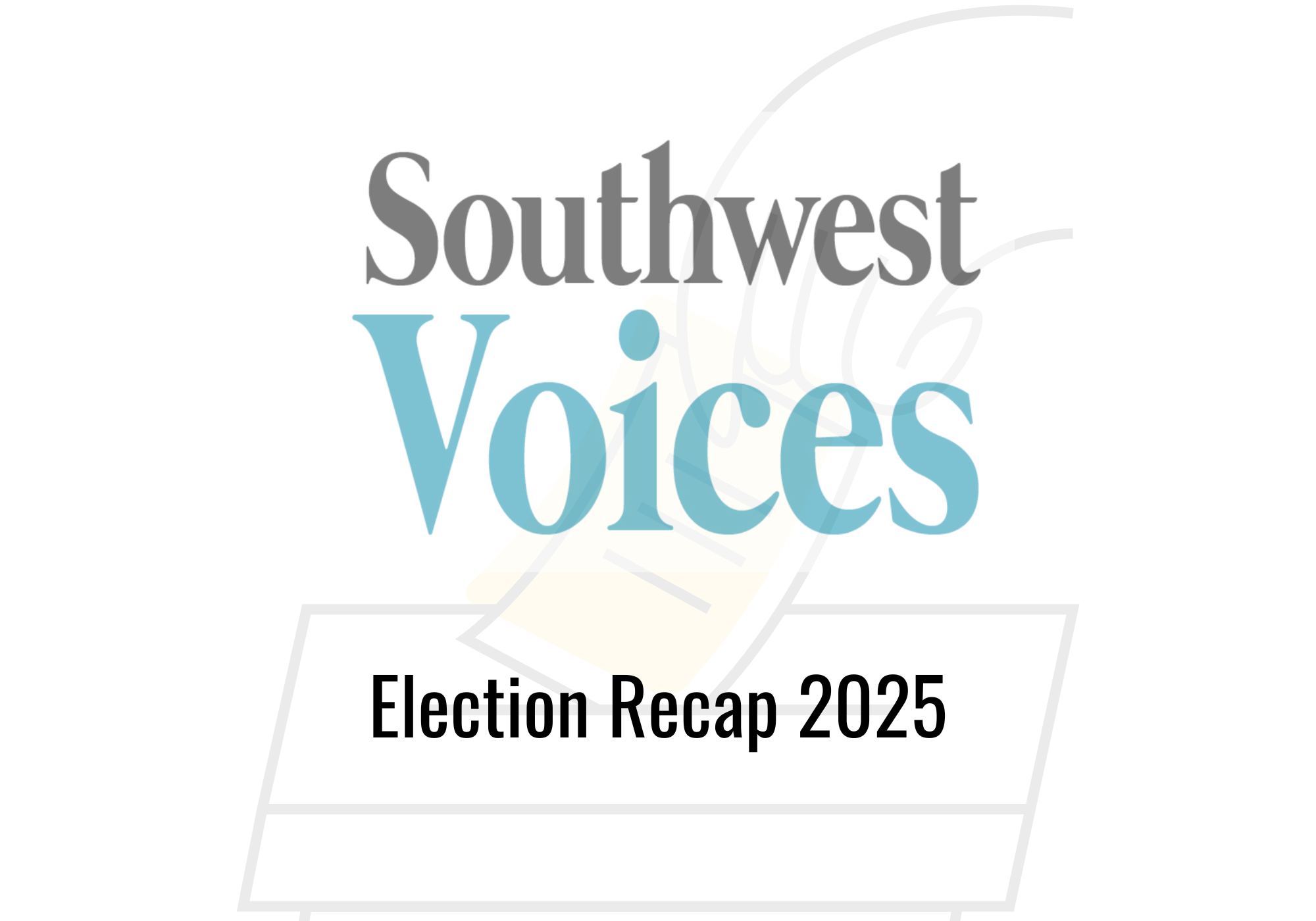Editor's note: Do you have someone that you think should apply to be on the Charter Commission? Enter their name and email in the "Add Context" box at the bottom of this piece and we'll send it to them with a note that someone wants them to apply.
Do you have a passion for your city and for following rules? If so, Minneapolis has the job for you. There are seven open positions on the Minneapolis Charter Commission that Minneapolis residents can apply for.
The main tasks of the Charter Commission are to propose amendments to the city charter and to review amendments to the city charter proposed by the City Council. Members of the Charter Commission also serve as members of the Redistricting Group.
The Charter Commission received a lot of attention last year. There were three proposed charter amendments last year, and the commission was involved with two of them. The commission proposed a shift to a “strong mayor” system of government for Minneapolis and reviewed a proposal from the Minneapolis City Council to add provisions to allow for rent stabilization ordinances. There was also a citizen petition which proposed that the Minneapolis Police Department be replaced with a Department of Public Safety. The commission does not have a significant role in amendments proposed by citizen petitions. This year, the commission is currently considering a proposal to switch city elections from odd years to even years.
The Minneapolis Charter Commission is in charge of the city charter, which operates in a similar fashion to the U.S. Constitution or state constitutions. Among other things, the constitution, or charter, sets up the basic structure of government. The Minneapolis Charter Commission is a group of 15 volunteers who are appointed by the chief judge of the Hennepin County District Court. Like the U.S. Constitution, sometimes there is a need to amend the city charter. In Minneapolis, amendments are ultimately voted on by residents in an election. The Charter Commission can submit its own proposed amendments to the charter, review amendments proposed by the City Council, and provide recommendations.
Members of the Charter Commission also automatically serve as members of the Redistricting Group, which draws new ward and park district boundaries following the U.S. Census. Minneapolis just went through a redistricting process, so this will not happen again for another ten years.
Some of the most consequential Charter Commission votes have been closely divided. For example, the Charter Commission decided in August 2020 to take an additional 90 days to review a proposal to replace the Minneapolis Police Department with a Department of Public Safety.
This additional time created a “pocket veto” on the proposal, causing the review to not be completed until after the deadline to have the amendment on the ballot. The commission was unanimously opposed to the amendement’s content, but the vote on the “pocket veto” was 10-5. Five commissioners felt the proposal should be placed before voters, regardless of their personal opposition to it. If three commissioners who voted for the pocket veto had voted the other way, the amendment could have been placed on the 2020 ballot.
Eleven positions on the Charter Commission are open this year, some of them for two-year terms and others for four-year terms. The different term limits relate to appointment issues in the past. The two-year terms are in place to get the appointment process back on track. Applications are open now for seven of the positions and must be submitted by April 4 at 4:30 p.m. Applications will be reviewed by the Chief Judge Toddrick S. Barnette who will make the appointments. Applications for the remaining four open positions will be available later this year. Anyone who is an eligible voter and a resident of the city is eligible to apply. The application asks for “applicable experience with civic, professional or volunteer organizations and other city boards or commissions.”
The Charter Commission typically meets on the first Wednesday of each month at 4 p.m. Special meetings may be called on an as-needed basis. Members can also serve on work groups, which review a particular amendment proposal in greater detail. Meetings are currently held virtually, but the commission may return to meeting in-person at City Hall in the future. These are unpaid positions.


.jpg)







